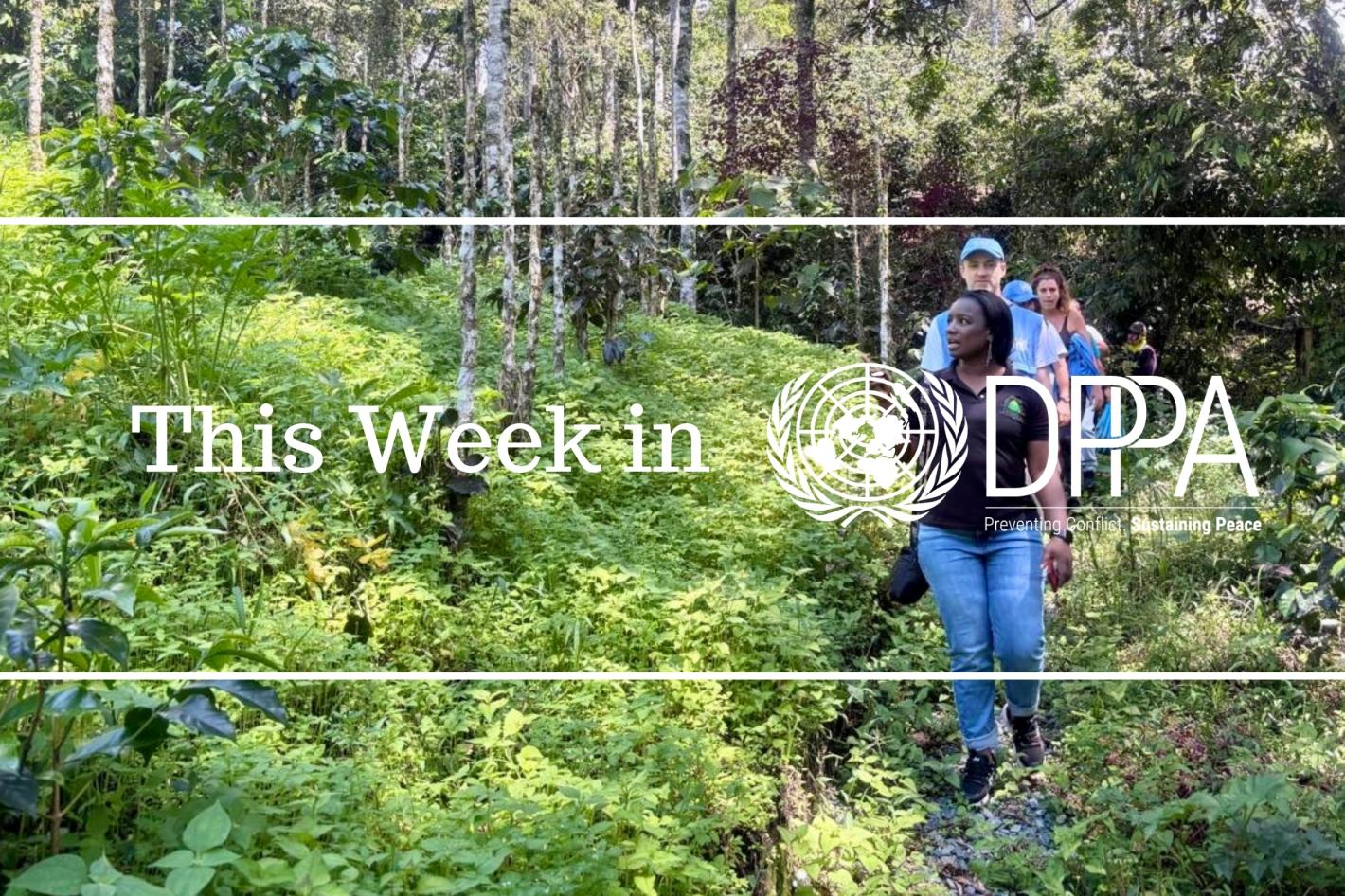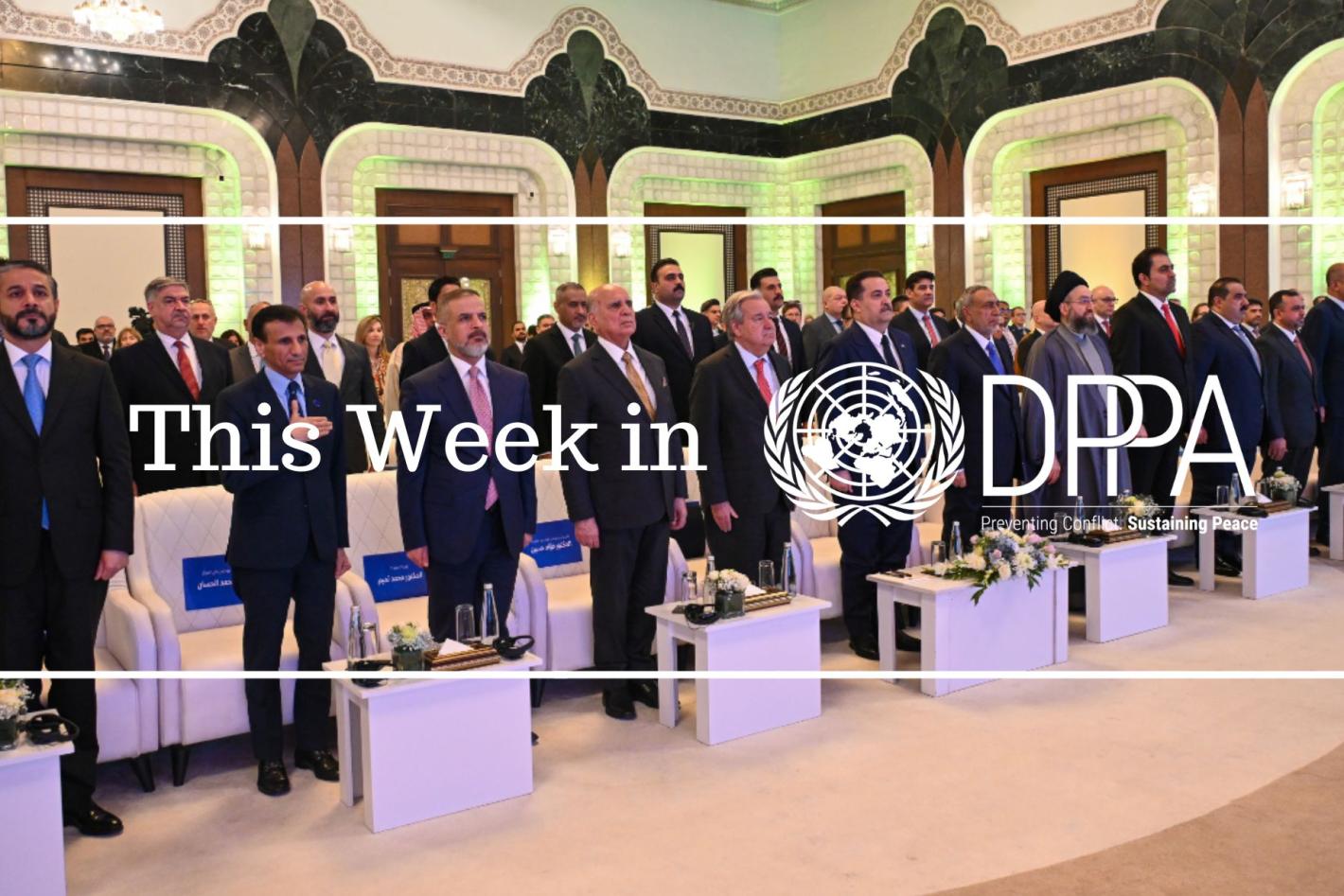Welcome everyone and thank you very much for coming here.
As I’m sure you will all agree, over the last few months the situation in Gaza deteriorated rapidly. This was the combination of three factors:
First is the humanitarian factor. People’s life has become more difficult as people have limited money, the economy has collapsed, electricity and water are scarce.
We cannot stand idle when we see 2 million Palestinians in Gaza living in such terrible...





